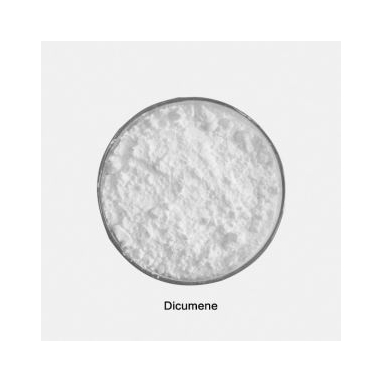Dicumene in Industrial Applications in China
Dicumene, a chemical compound commonly used in polymer production, plays a crucial role in various industrial applications. This versatile chemical not only enhances the durability of products but also improves performance in high-temperature environments. In this blog post, we will explore the significance of dicumene, its applications, and why it remains essential in modern manufacturing.
What is Dicumene?
Dicumene (1,1-Dicumyl) is an organic compound primarily used as a polymerization initiator in the production of resins and plastics. It is composed of two cumyl groups bonded to a central carbon atom. Its ability to decompose at high temperatures makes it a valuable agent in industries requiring durable, heat-resistant materials.
Industrial Applications of Dicumene
Dicumene is widely used in the manufacturing sector due to its ability to initiate polymerization. Some of its major applications include:
- Polymer Production: Dicumene acts as a key initiator in the production of polymers, particularly in creating polystyrene and other thermoplastic resins.
- Resin Manufacturing: It aids in producing various resins used for coatings, adhesives, and plastic materials.
- Automotive Parts: Dicumene enhances the heat resistance of plastic components in automotive engines and other high-temperature environments.
Why Dicumene is Important in Manufacturing
Dicumene's role in industrial manufacturing is vital due to the following advantages:
Heat Resistance
Dicumene is essential in applications where materials are exposed to high temperatures. Its decomposition properties make it ideal for products that require high thermal stability.
Durability and Strength
In polymer production, dicumene helps create materials that are not only strong but also resistant to wear and tear. This makes it a preferred choice for automotive parts, industrial equipment, and high-performance plastics.
Cost-Effective Solution
Using dicumene in the polymerization process reduces manufacturing costs by minimizing waste and improving efficiency. This cost-saving factor makes it an attractive option for industries focused on optimizing production.
Environmental Considerations
While dicumene offers numerous industrial benefits, it's important to consider its environmental impact. Proper handling and disposal methods must be followed to minimize the environmental risks associated with chemical processing.
Conclusion
Dicumene continues to be an indispensable compound in various industries, particularly in polymer and resin production. Its ability to improve heat resistance, durability, and cost-efficiency makes it a highly valuable asset in modern manufacturing. As industries continue to innovate, dicumene will likely remain a critical player in enhancing the performance and longevity of products used in high-temperature and demanding environments.






